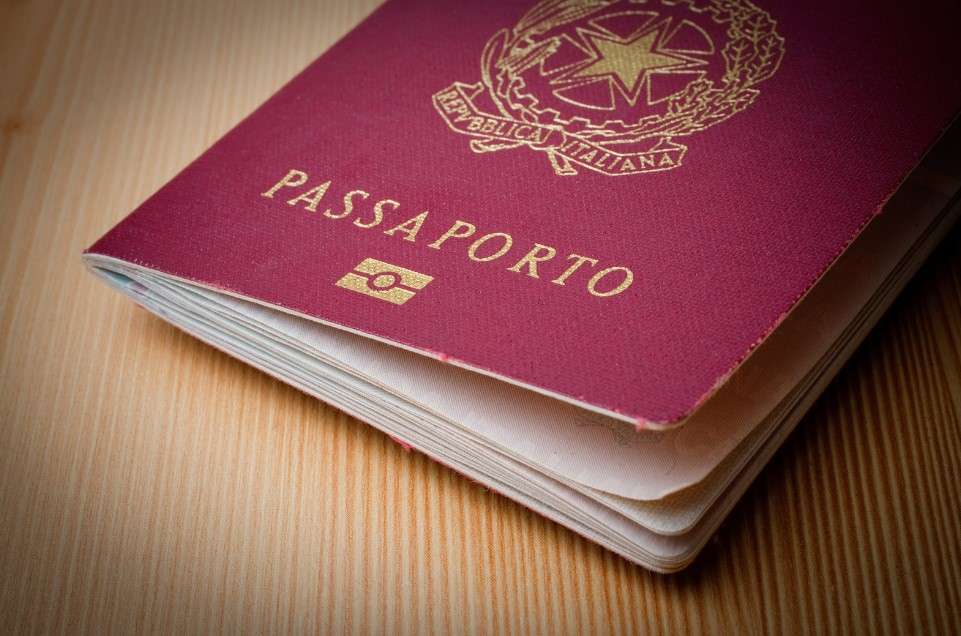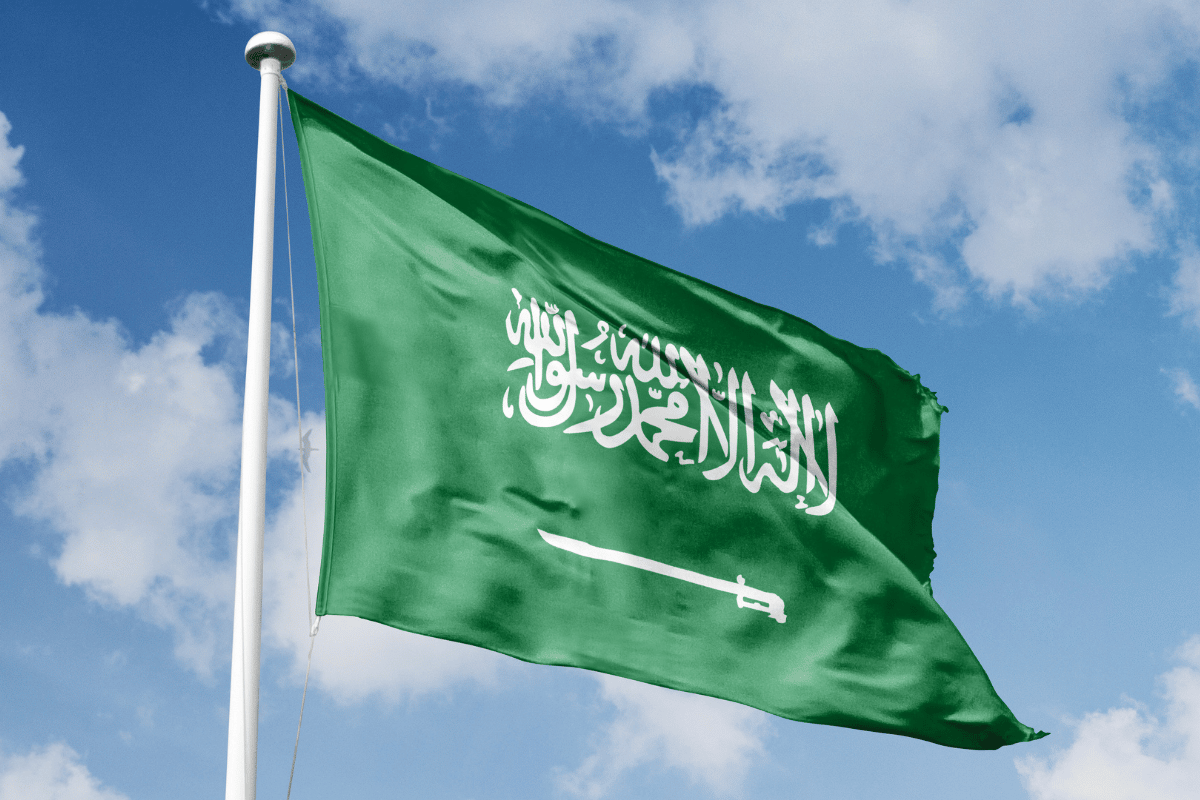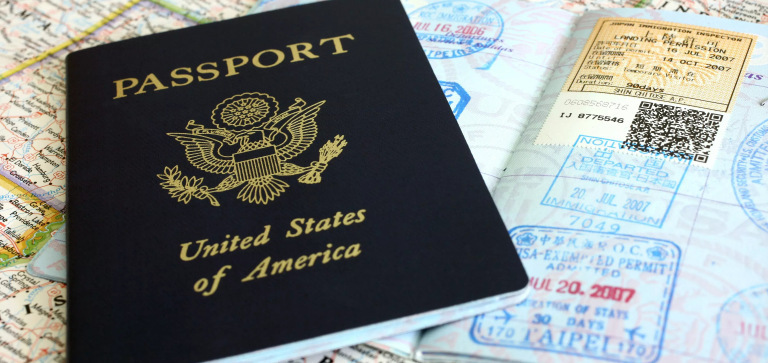Attention all aspiring medical professionals and curious readers! Are you ready to dive into the riveting world of healthcare in India? Get ready to explore the captivating realm of medical attendants, as we delve into their pivotal role in ensuring smooth operations within our bustling hospitals. From shouldering responsibilities that range from patient care to administrative tasks, these unsung heroes play a crucial part in delivering top-notch healthcare services. Join us today as we unravel the fascinating responsibilities and duties entrusted upon these dedicated individuals who make an indelible impact on the lives of countless patients every single day. Indian Medical Attendant Visa
Introduction to Medical Attendants in India:
Medical attendants, also known as healthcare assistants or nursing aides, play a crucial role in the healthcare system of India. They are an integral part of the medical team and provide essential support to doctors, nurses, and other healthcare professionals. Medical attendants work in various settings such as hospitals, clinics, nursing homes, and even private households.
Qualifications and Training:
In India, there is no specific educational requirement for becoming a medical attendant. However, most employers prefer candidates who have completed at least 10th grade education. Some institutions also offer training programs for medical attendants that cover topics such as basic patient care, infection control measures, first aid techniques, and communication skills.
Responsibilities and Duties:
The primary responsibility of a medical attendant is to assist patients with their daily living activities such as bathing, dressing, feeding, and mobility. They also help with routine tasks like taking vital signs (blood pressure, temperature), administering medications under the supervision of a nurse or doctor. Indian Visa from Austria
Medical attendants also play a crucial role in maintaining cleanliness and hygiene in patient rooms by changing bed linens regularly and sterilizing equipment. They may also be responsible for restocking supplies like gloves, masks, gowns, etc.
Apart from direct patient care responsibilities,
medical attendants also provide emotional support to patients by listening to their concerns and providing them with comfort when needed.
Understanding the Indian Medical Attendant Visa
The Indian Medical Attendant Visa is a special type of visa that allows a foreigner to accompany a patient seeking medical treatment in India. This visa is specifically designed for individuals who are not patients themselves but are accompanying someone who requires medical care in India.
To obtain an Indian Medical Attendant Visa, the applicant must provide proof of their relationship with the patient, such as being a spouse, parent, or child. They must also submit documentation confirming the need for medical treatment in India, including a letter from the treating doctor and details of the hospital where the patient will be receiving treatment.
One important thing to note is that only one attendant per patient is allowed under this visa. This means that if there are multiple family members who wish to accompany the patient, they will each have to apply for their own individual visa.
The duration of stay for an Indian Medical Attendant Visa depends on the length of treatment required by the patient. The maximum duration allowed is one year, and it can be extended further if necessary. However, it should be noted that this visa does not allow any kind of employment in India during its validity period.
Another crucial aspect to understand about this visa is that it does not grant permission to seek employment or undertake any business activities while in India. The sole purpose of this visa is to provide support and assistance to the patient during their medical treatment period.
Responsibilities and Duties of a Medical Attendant in India
In India, the role of a medical attendant is a crucial one as they are responsible for providing support and assistance to patients in healthcare facilities. Medical attendants work under the supervision of nurses and doctors, and their duties may vary depending on the type of facility they are working in. In this section, we will discuss the responsibilities and duties of a medical attendant in India.
1. Assisting with Patient Care:
One of the primary responsibilities of a medical attendant is to assist with patient care. This includes helping patients with activities such as bathing, dressing, and feeding. They also help in transferring patients from one place to another within the facility or from bed to wheelchair. Medical attendants are trained to handle patients with care and compassion, ensuring their comfort and safety at all times.
2. Monitoring Vital Signs:
Medical attendants play an essential role in monitoring vital signs of patients such as temperature, blood pressure, pulse rate, and breathing rate. They are responsible for recording these readings accurately and reporting any abnormalities or changes to the nurse or doctor in charge. This helps in early detection of any health issues that may arise.
Qualifications and Training for Medical Attendants in India
In India, the role of a medical attendant is an essential one in the healthcare sector. These individuals play a vital role in providing care and support to patients, assisting doctors and nurses, and maintaining a well-functioning medical facility. To perform these duties efficiently, it is crucial for medical attendants to possess certain qualifications and undergo proper training.
Qualifications:
1. Education: The minimum educational requirement for becoming a medical attendant in India is a high school diploma or equivalent qualification. However, many hospitals and clinics prefer candidates with higher education such as a diploma or bachelor’s degree in nursing or any other related field.
2. Knowledge of Medical Terminology: A good understanding of medical terminology is essential for medical attendants as they will be required to communicate with doctors, nurses, and other medical staff regarding patient care. They should be familiar with common terms used in healthcare settings to avoid miscommunication.
3. First Aid/CPR Certification: Most employers prefer candidates who have completed first aid and CPR training courses. These certifications are necessary for handling emergency situations that may arise while caring for patients.
4. Physical Fitness: As the job of a medical attendant requires constant movement and physical activity, it is important for them to be physically fit and healthy.
Training:
1. Basic Nursing Skills: Medical attendants are trained on basic nursing skills such as taking vital signs (pulse rate, blood pressure, temperature), administering medications under supervision, wound dressing, etc.



